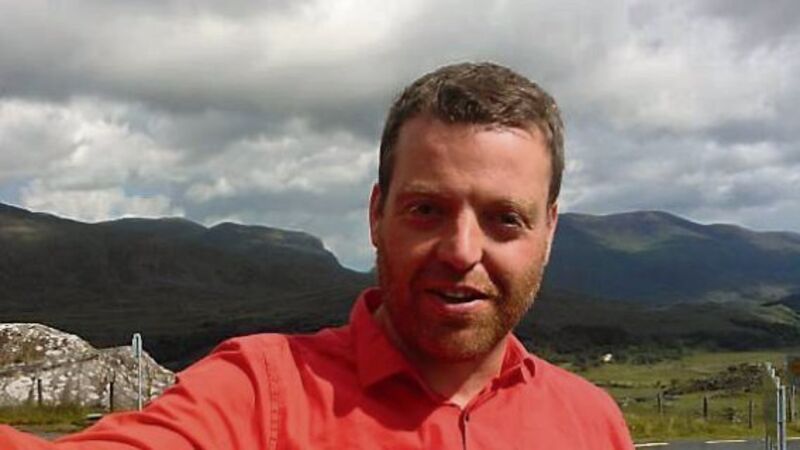Craic in Clonakilty leaves poet Dave Lordan well versed

“There would have been a lot of nonsense rhymes,” he says. “Some day I’m going to release the collected poems of my father. This is the first one: ‘Ten and ten, twenty/Give a horse plenty/When he’s done, wipe his bum/Ten and ten, twenty.’
“My father would say to me if a man took two weeks to dig a hole, how many weeks would it take to dig half a hole?”











